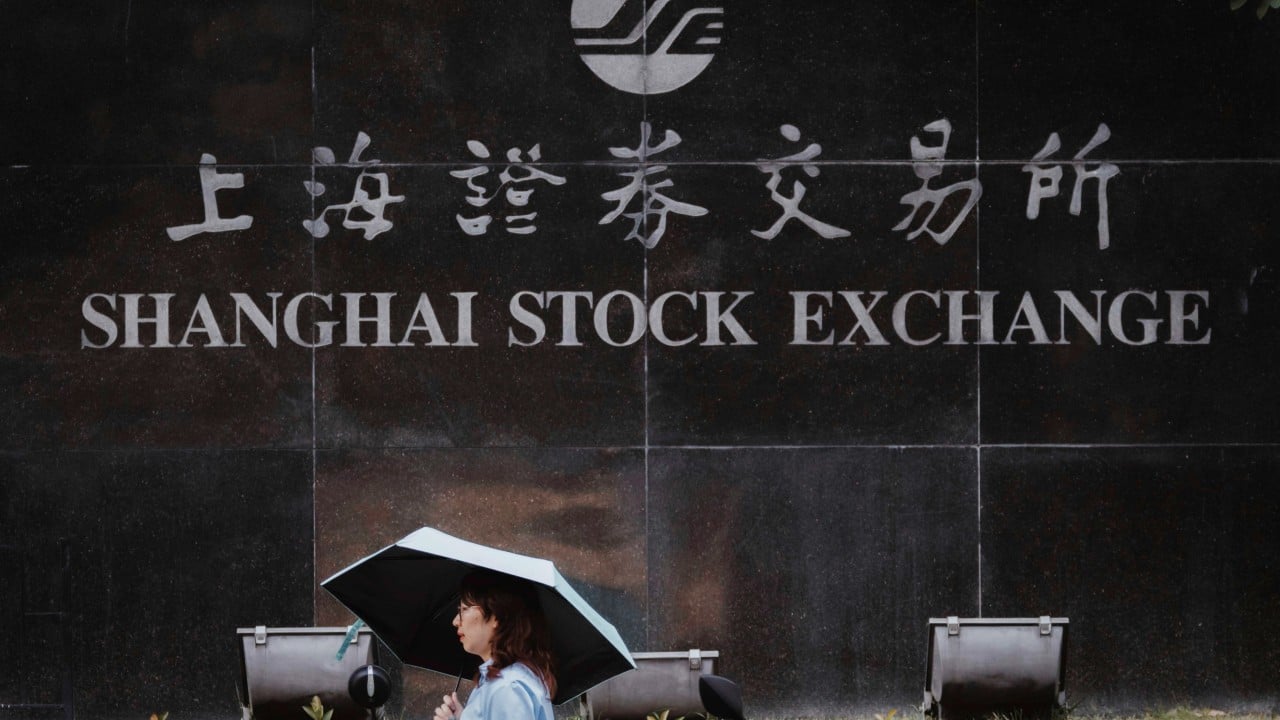The Shanghai Stock Exchange has barred S2C, a local chip maker, from listing its shares in the next five years, the first such moratorium since China rolled out its registration-based initial public offering (IPO) system across the board in 2023.
S2C, which is focused on integrated circuits electronic design automation (EDA), inflated its profits for 2020 by 12.5 million yuan (US$1.7 million), or 118.5 per cent, the Shanghai Stock Exchange said in an announcement on Tuesday.
It comes three months after the mainland bourse fined the company and its executives a total of 16.5 million yuan for the rule violation.
The chip maker fabricated its results by forging transactions, confirming its earnings in advance, and reporting lower costs for the period, the exchange said on Tuesday, adding that the actions were “obviously subjective and intentional,” and in clear violation of the country’s securities law.
The stock exchange said it will not review the company’s IPO documents in the next five years, and deemed its executives unfit for appointment in similar roles in the next three years.
In August 2021, S2C applied for an IPO on Shanghai’s Nasdaq-style Star market. The application was withdrawn in July 2022, after the China Securities Regulatory Commission (CSRC) led a probe into the company and found that it may have falsified financial results.
S2C’s ban is the first since China’s securities watchdog rolled out the registration-based IPO system to all mainland stock exchanges in February 2023 in a bid to encourage new listings and increase corporate financing.
The new system, which was first implemented in the tech-focused Star market and then adopted by the ChiNext start-up board and the Beijing Stock Exchange, gives stock exchanges the responsibility to vet IPOs instead of the CSRC.
The verdict against S2C came in the awake of one of China’s largest auditing scandals involving the insolvent developer Evergrande, which had inflated its revenue by US$78 billion in the years leading up to its collapse in 2021, according to the CSRC.
Evergrande’s auditor, PwC, has been beset by a slew of defections recently, with major corporations such as PetroChina, China Merchants Bank, and China Railway severing their ties with their firm.
The CSRC has tightened the screws on potential and existing IPOs since March this year, after Wu Qing, nicknamed the “broker butcher”, became the head of the securities watchdog and vowed to weed out unqualified companies and revive confidence in the county’s US$9 trillion stock market.
China’s small cap stocks have taken a hit recently as a result of the heightened scrutiny, with investors dumping shares in smaller companies, fearing that they could be wiped out. The CSRC issued an announcement last Friday saying it did not expect delistings to “increase significantly in the short term.”


